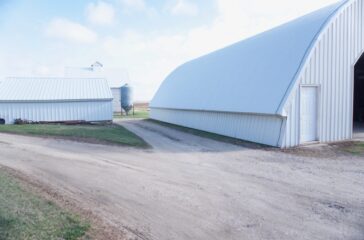An Iowa farm county seeks answers amid cancer rates 50% higher than national average
By Keith Schneider
EMMETSBURG, IOWA –Raised in rural Iowa, 71-year-old Maureen Reeves Horsley once considered her tiny hometown in the northwest part of the state to be a blessed space. She recalls a time when the streams here ran clean and the lake water was clear.
 EWG
EWG